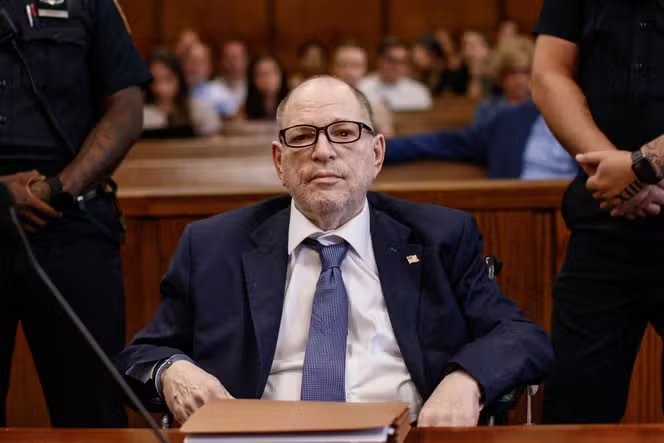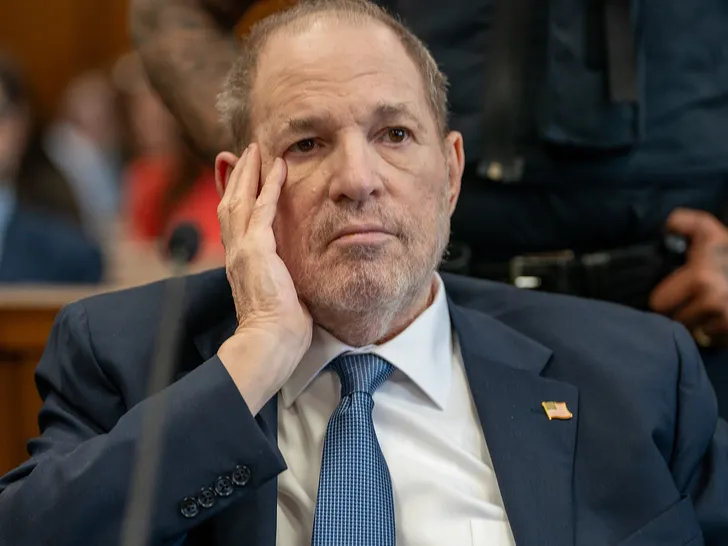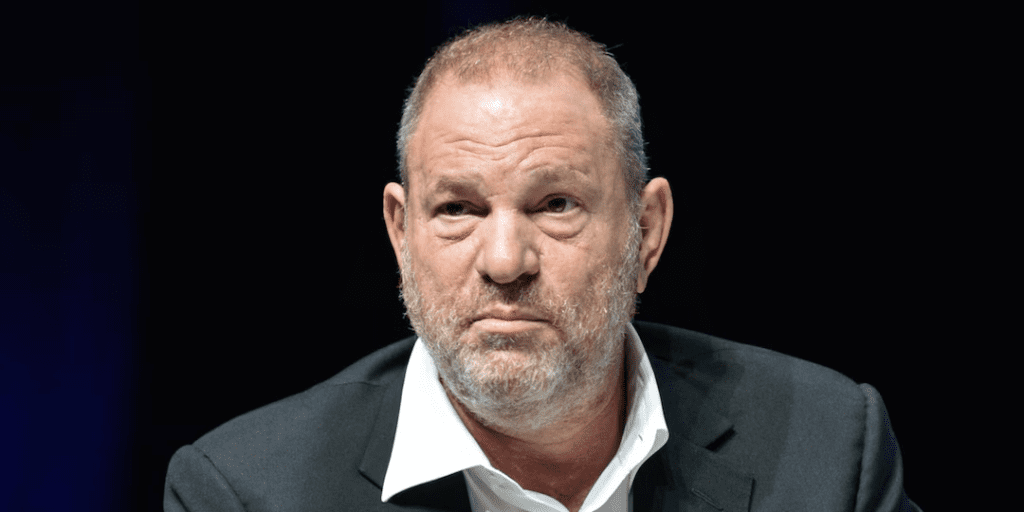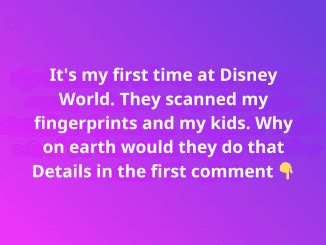Harvey Weinstein, the once-powerful Hollywood mogul now serving a 39-year prison sentence for multiple sexual assault convictions, has recently been diagnosed with chronic myeloid leukemia (CML), a form of bone marrow cancer. The news has sparked a fresh wave of public interest in Weinstein, a figure who has remained controversial amid health struggles, legal appeals, and the lasting impact of the #MeToo movement.
Understanding Weinstein’s Health Struggles

At 71 years old, Weinstein’s health has been a subject of public discourse since his initial incarceration. Besides his latest cancer diagnosis, he has experienced a slew of medical issues, including heart problems, diabetes, COVID-19 complications, and double pneumonia.
Weinstein’s legal team has argued that his deteriorating health should be considered in the context of his sentencing, implying that the prison system may not be equipped to provide adequate care for someone with such complex medical needs.
His most recent courtroom appearance in Manhattan saw Weinstein arriving in a wheelchair, a stark contrast to the once-dominant figure who commanded Hollywood’s attention. During that hearing, he pleaded not guilty to additional charges of sexual misconduct, but the courtroom was rife with speculation regarding his frail condition.
What is Chronic Myeloid Leukemia?
Chronic myeloid leukemia is a type of cancer that affects the blood-forming cells of the bone marrow. It is characterized by the overproduction of immature white blood cells, which can crowd out healthy cells over time. This condition can lead to symptoms such as fatigue, weight loss, frequent infections, and bone pain. While it is often treatable with targeted therapies, the long-term prognosis varies based on the patient’s overall health and response to treatment.
Weinstein’s spokesperson, Juda Engelmayer, confirmed the diagnosis but expressed dismay over the public disclosure of Weinstein’s condition, calling it a violation of privacy. Engelmayer emphasized the need for confidentiality, stating, “It is both troubling and unacceptable that such private and confidential health matters have become a subject of public discourse.”
The Legal Saga: From Hollywood to Courtroom Battles
Weinstein’s legal troubles began in earnest in 2017, following an investigative report by The New York Times that revealed numerous allegations of sexual misconduct. This report, along with subsequent revelations, catalyzed the global #MeToo movement, prompting survivors to speak out against powerful figures in various industries.
In 2020, Weinstein was convicted in New York on charges of rape and criminal sexual acts, marking a significant milestone in the fight against sexual harassment in the workplace. Despite this conviction being overturned by the New York Court of Appeals in a narrow 4-3 decision in 2023, Weinstein remained behind bars due to a separate conviction in Los Angeles.
The overturned New York conviction was based on claims that the inclusion of testimony from additional accusers, not part of the original case, unfairly influenced the jury. Weinstein’s legal team argued that this testimony created bias, leading to the successful appeal. However, the Los Angeles trial resulted in another conviction in 2022, this time involving the rape of an actress at a Beverly Hills hotel in 2013. He received a 16-year sentence for this case, further complicating his legal battles.
The Human Impact: Voices of the Survivors

The stories of Weinstein’s victims have been central to his trials. Survivors have shared harrowing accounts of the lasting trauma caused by Weinstein’s actions, detailing how the assaults affected their personal and professional lives. During the Los Angeles trial, one of the victims, referred to as Jane Doe 1, described the toll of the 2013 assault, saying, “Before that night, I was a very happy and confident woman. I valued myself and the relationship I had with God. I was excited about my future. Everything changed after the defendant brutally assaulted me.”
These testimonies served as powerful reminders of the human cost of Weinstein’s actions, emphasizing the broader implications of sexual violence in Hollywood and beyond.
Weinstein’s Response: Denials and Pleas for Mercy
Throughout his legal battles, Weinstein has maintained his innocence, often asserting that the accusations are part of a setup. During his sentencing in Los Angeles, he made an emotional plea, saying, “Please don’t sentence me to life in prison. I don’t deserve it. There are so many things wrong with this case… This is a setup. This is not the way to act in this situation. I beg your mercy.”

Weinstein’s lawyers have used his declining health as part of their defense strategy, arguing that the combination of advanced age, chronic illnesses, and cancer make a lengthy prison sentence effectively a death sentence. His legal team has consistently sought leniency, citing his medical needs as a humanitarian concern.
The Future of Weinstein’s Legal and Health Battles
With his health deteriorating and legal challenges ongoing, Weinstein’s future remains uncertain. A tentative trial date has been set for November of this year, though it is likely to be postponed to 2025 given the complexities of his current situation. As Weinstein’s legal team continues to explore appeals and potential retrials, his cancer diagnosis adds urgency to their efforts. The outcome of these proceedings could have a significant impact on the broader conversation around justice, accountability, and health care for incarcerated individuals.
Conclusion: A Tumultuous Legacy
Harvey Weinstein’s diagnosis of bone marrow cancer is the latest chapter in a dramatic and contentious saga that has redefined the entertainment industry. From his rise to power in Hollywood to his downfall and subsequent health struggles, Weinstein’s story is a complex blend of privilege, crime, punishment, and survival.
As his legal and health battles continue to unfold, Weinstein’s life serves as a cautionary tale—one that touches on issues of power, justice, and the personal cost of unchecked ambition. Whether viewed through the lens of his crimes or his current vulnerability, Weinstein remains a figure whose impact on Hollywood and society cannot be denied.


